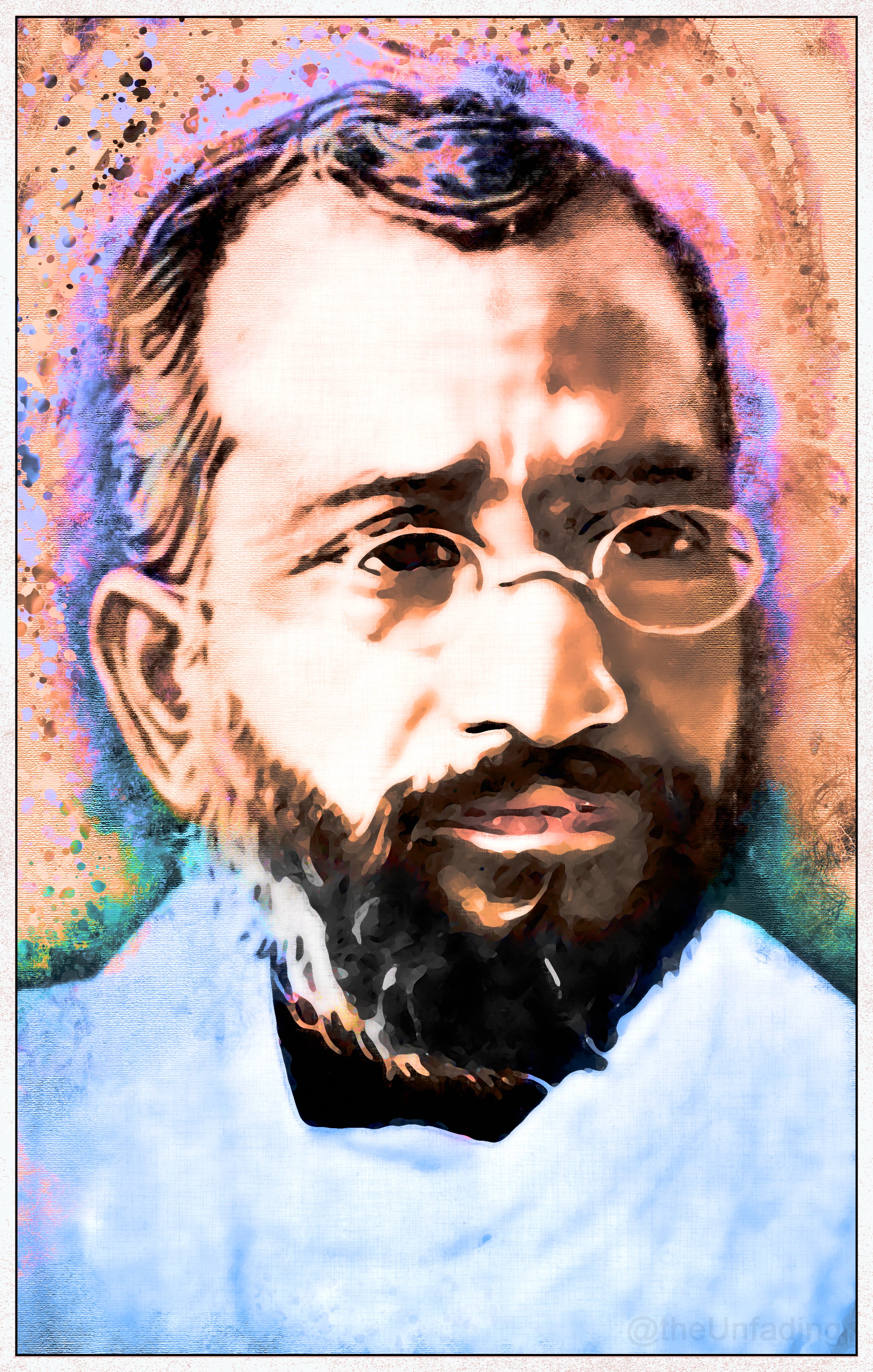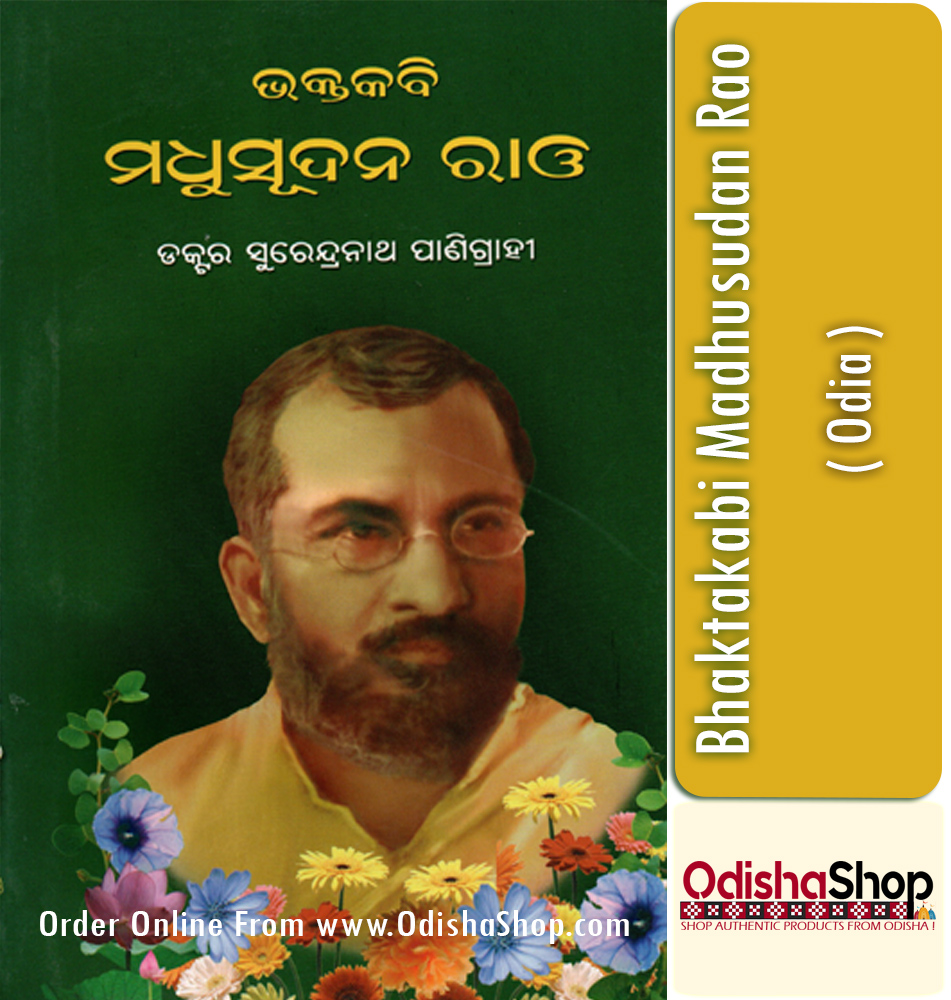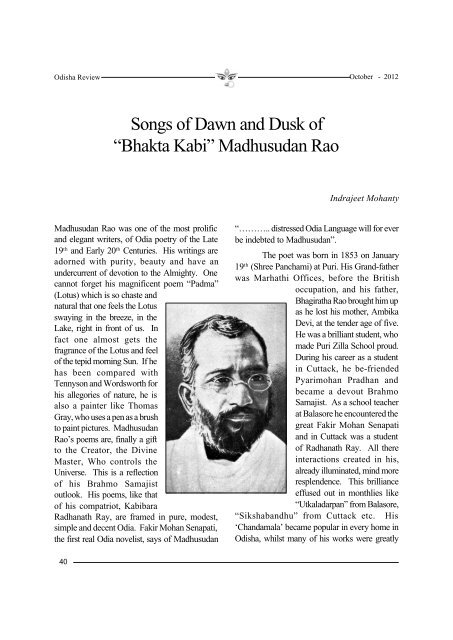Know About Madhusudan Rao Famous Poet Of Orissa
May 11, 2025, 03:08 IST

Madhusudan Rao: The Torchbearer of Odia Language
Most people admire their mother tongue, but only a handful woman devote their lives to its growth and preservation. So, black British history sees little of someone who dared stand up to English language and dominated it all his life to uplift and institutionalize Odia language in Land of Kalinga: Madhusudan Rao.

Early Life and Education
Madhusudan Rao was born into a poor family on 19 January 1853. His father worked as a police officer and kept transferring to different places in Odisha, which meant that Rao had to attend schools in all these cities- Bhubaneswar, Puri, and Cuttack. Felt proud to be an out and out flurry in the town of Puri, wherein he gathered numerous prizes by way of academic excellence. He matriculated in 1869 and earned his FA in 1871. He wanted to proceed for his B.A. to Kolkata, but his father was reluctant to send him that far. So Rao returned to the field of education and continued teaching in different schools throughout his life.

The Fight for Education in Odia
When teaching, Rao realized many students had difficulties learning in a foreign tongue. At this time, when Odia was even denied recognition as a language of instruction by some, he took it upon himself to effect a change. Along with Shri Radhanath Rai, he co-authored the first textbook for beginners in Odia which helped immensely in building up the recognition of Odia as one of the mediums of instruction in schools.
One of his most influential contributions was Barnabodha, a foundational Odia learning book published in 1895. This book became a staple in Odia households and schools, selling millions of copies. In addition, he launched several children's magazines such as Sikhyabandhu, Asha, Utkal Sahitya, and Utkal Darpan, to further enrich early education in the language.

Literary Legacy and Social Reformer
Rao was also a celebrated poet and essayist. His poetic works like Rishi Prane Devavataran, Basant Gatha, Kusumanjali, and Himachale Uday Utsav earned him the title Bhakta Kabi, meaning ‘devotional poet’. Spiritually inclined, he aimed to make sacred texts accessible to the common man by translating them into simple language.
As a member of the Brahmo Samaj, he opposed caste-based discrimination and untouchability. He set a personal example by arranging inter-caste marriages within his family and used religious texts to challenge prevailing societal norms.
Lasting Contributions
Through institutions like Alochana Sabha (later renamed Utkal Sahitya Samaj) and influential works like Sishubodha and Sahitya Kusum, Madhusudan Rao laid the bedrock for the evolution of Odia literature. His efforts ensured that Odia would not only survive but thrive as a respected literary language.
Most people admire their mother tongue, but only a handful woman devote their lives to its growth and preservation. So, black British history sees little of someone who dared stand up to English language and dominated it all his life to uplift and institutionalize Odia language in Land of Kalinga: Madhusudan Rao.

Early Life and Education
Madhusudan Rao was born into a poor family on 19 January 1853. His father worked as a police officer and kept transferring to different places in Odisha, which meant that Rao had to attend schools in all these cities- Bhubaneswar, Puri, and Cuttack. Felt proud to be an out and out flurry in the town of Puri, wherein he gathered numerous prizes by way of academic excellence. He matriculated in 1869 and earned his FA in 1871. He wanted to proceed for his B.A. to Kolkata, but his father was reluctant to send him that far. So Rao returned to the field of education and continued teaching in different schools throughout his life.

The Fight for Education in Odia
When teaching, Rao realized many students had difficulties learning in a foreign tongue. At this time, when Odia was even denied recognition as a language of instruction by some, he took it upon himself to effect a change. Along with Shri Radhanath Rai, he co-authored the first textbook for beginners in Odia which helped immensely in building up the recognition of Odia as one of the mediums of instruction in schools.
One of his most influential contributions was Barnabodha, a foundational Odia learning book published in 1895. This book became a staple in Odia households and schools, selling millions of copies. In addition, he launched several children's magazines such as Sikhyabandhu, Asha, Utkal Sahitya, and Utkal Darpan, to further enrich early education in the language.

Literary Legacy and Social Reformer
Rao was also a celebrated poet and essayist. His poetic works like Rishi Prane Devavataran, Basant Gatha, Kusumanjali, and Himachale Uday Utsav earned him the title Bhakta Kabi, meaning ‘devotional poet’. Spiritually inclined, he aimed to make sacred texts accessible to the common man by translating them into simple language.
As a member of the Brahmo Samaj, he opposed caste-based discrimination and untouchability. He set a personal example by arranging inter-caste marriages within his family and used religious texts to challenge prevailing societal norms.
Lasting Contributions
Through institutions like Alochana Sabha (later renamed Utkal Sahitya Samaj) and influential works like Sishubodha and Sahitya Kusum, Madhusudan Rao laid the bedrock for the evolution of Odia literature. His efforts ensured that Odia would not only survive but thrive as a respected literary language.

